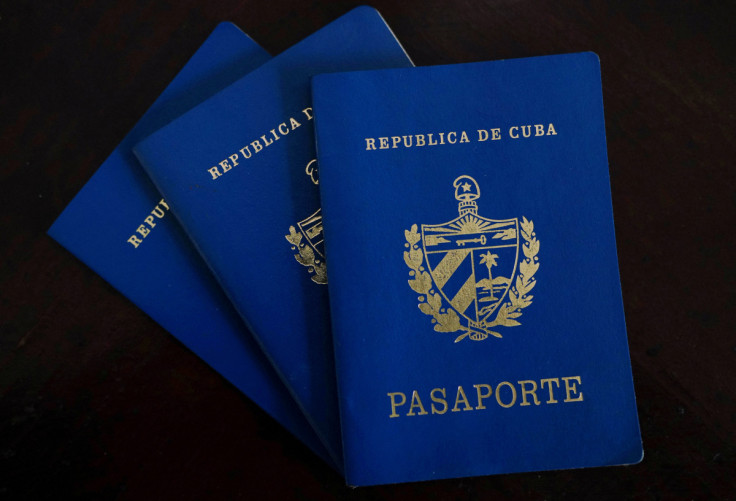
Seven Cuban athletes abandoned their country's delegation in the 2023 Pan American Games that took place in Chile, thus avoiding returning to their country, currently immerse in a worsening economic crisis.
According to Chilean media, six members of the field hockey roster and Yoao Illas, who had won the bronze medal in the 400 meters hurdles, were the ones who left the premises. The hockey players are Jennifer Martínez, Yakira Guillén, Lismary González, Helec Carta, Geidy Morales and captain Yunia Milanes.
This is not an unusual practice. Cuban journalist Francys Romero reported that 62 national athletes have taken measures of the kind this year alone. For example, five nationals from the soccer team left the team hotel during the Concacaf World Cup in the United States. World champions in Boxing and Discus Throw Yoenlis Feliciano Hernández and Denia Caballero, have done so as well.
Cuba's deteriorating economy has led to a significant increase in the amount of people seeking to leave the island. According to data from the U.S. Customs and Border Patrol Agency published by Politico in late October, slightly fewer than 425,000 Cubans were encountered at U.S. ports of entry in fiscal years 2022 and 2023. "Most were apprehended at the U.S. border with Mexico, a marked change from previous waves of migration," according to the outlet.
The figure means that more Cubans migrated to the U.S. in the past two year than all of those who did so during the Freedom Fights, when 270,000 people left the island during a roughly eight-year period between 1965 and 1973. It's also higher than the numbers from the 1980 Mariel Boatlift and the 1994 Balsero crisis.
The Cuban government has blamed the United States' trade embargo for the deteriorating economic conditions: "The economic blockade, reinforced in recent years, causes extraordinary limitations to the Cuban economy and the population's standard of living, which stimulates the migration."
The economic embargo does not allow Cuba to trade or perform any commercial activities with the U.S. It is reinforced through various acts, including the Trading with the Enemy Act of 1917, the Foreign Assistance Act of 1961, the Cuban Assets Control Regulations of 1963, the Cuban Democracy Act of 1992, the Helms-Burton Act of 1996 and the Trade Sanctions Reform and Export Enhancement Act of 2000.
Besides blackouts due to a lack of fuel, Cuba is also facing food and medicine shortages. The country's gross domestic has seen a 8% drop when compared to 2020, while its production of foods is 40% lower than that year, The Guardian reported, citing the Cuban government.
© 2025 Latin Times. All rights reserved. Do not reproduce without permission.




